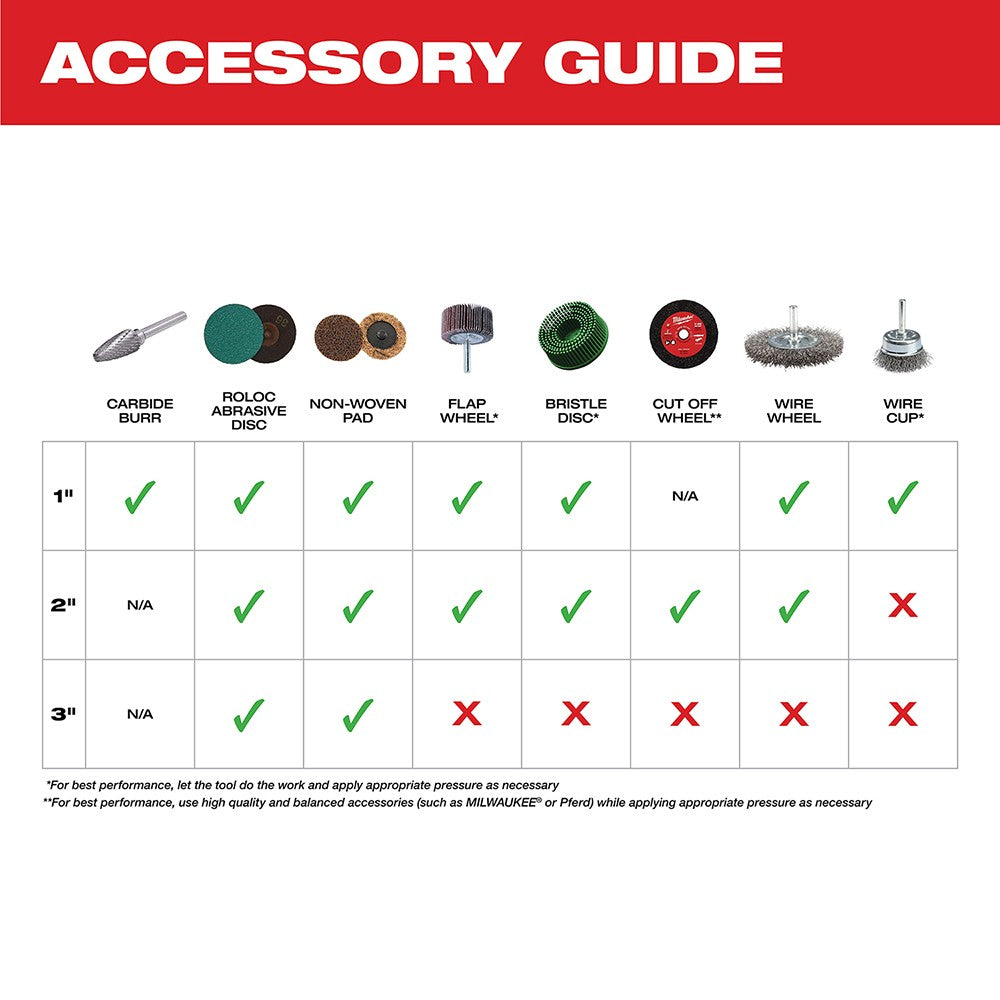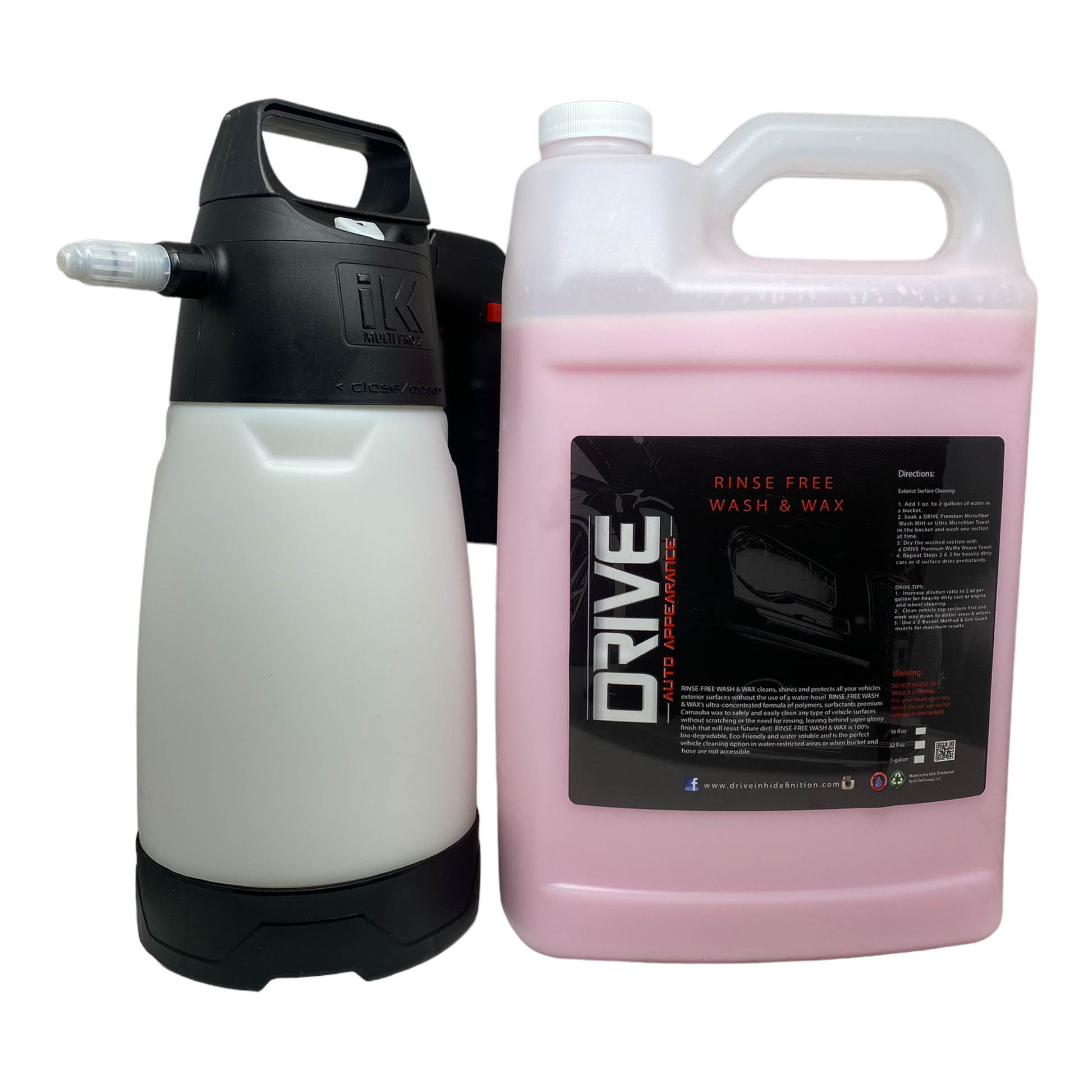The recommended def pressure should be based on the manufacturer’s specifications and may vary depending on the type of vehicle and its tire size. Getting the correct def pressure for your vehicle is crucial to ensure optimal performance and safety.
The def pressure, also known as tire pressure, refers to the amount of air inside the tires. It is essential to maintain the appropriate def pressure as recommended by the vehicle manufacturer. This recommendation can be found in the owner’s manual or on a sticker located on the driver’s side door jamb or inside the fuel filler door.
Incorrect def pressure can lead to various issues such as decreased fuel efficiency, reduced tire life, poor handling, and increased risk of tire blowouts. Therefore, it is important to regularly check and maintain the proper def pressure for your vehicle to ensure a smooth and safe driving experience.

Importance Of Def Pressure
The def pressure in any vehicle is crucial as it directly influences its performance and safety. Maintaining the correct def pressure guarantees optimal fuel efficiency, tire longevity, and enhanced handling for a smooth and secure ride.
Headings Are As Below-
Significance In Vehicle Performance
The def pressure plays a crucial role in determining the overall performance of a vehicle. Maintaining the correct def pressure ensures that the tires are properly inflated, which directly impacts the vehicle’s handling, stability, and safety. When the tire def pressure is too low, it can result in increased rolling resistance, reduced fuel efficiency, and uneven tire wear. On the other hand, when the tire def pressure is too high, it can lead to a harsh and uncomfortable ride, decreased traction, and an increased risk of tire blowouts. Therefore, paying attention to and maintaining the correct def pressure for your vehicle is vital in order to optimize its performance on the road.Impact On Engine Efficiency
Believe it or not, the def pressure not only affects the performance of your vehicle’s tires but also has a direct impact on the engine’s efficiency. When the tire def pressure is too low, the engine has to work harder to move the vehicle, resulting in increased fuel consumption. This extra strain on the engine can also lead to premature wear and tear, reducing its overall lifespan. Similarly, when the tire def pressure is too high, the engine has to overcome more resistance, affecting its efficiency and potentially increasing fuel consumption as well. Therefore, maintaining the correct def pressure not only enhances the performance of your tires but also ensures that your engine operates at its peak efficiency, resulting in improved fuel economy and reduced maintenance costs. Overall, understanding the importance of def pressure is essential for optimizing the performance of your vehicle. By keeping the tires properly inflated, you can enhance the overall handling, stability, and safety of your vehicle. Additionally, maintaining the correct def pressure contributes to better engine efficiency, resulting in improved fuel economy and reduced maintenance costs. So, make sure to regularly check and adjust the def pressure according to the manufacturer’s recommendations to enjoy a smooth and efficient ride.
Credit: www.redtoolstore.com
Factors Affecting Def Pressure
Def pressure should ideally be maintained within a specific range to ensure optimal performance. Factors affecting def pressure include temperature variations, system leaks, and incorrect calibration. Monitoring and adjusting def pressure accordingly is crucial for efficient operation and avoiding potential issues.
Factors Affecting Def Pressure Understanding the various factors that affect DEF pressure is vital for maintaining optimal performance in diesel engines. Several elements can influence the pressure of the diesel exhaust fluid (DEF) and impact its effectiveness in reducing harmful emissions. Here, we will discuss two significant factors that directly influence DEF pressure. These factors are temperature variations and DEF contamination.Temperature Variations
Temperature plays a crucial role in the performance of DEF pressure. DEF has a freeze point of 12°F (-11°C) and can start to crystallize below this temperature. On the other end, the fluid can degrade and evaporate at high temperatures, leading to decreased DEF pressure and ultimately affecting engine efficiency. To combat temperature variations, it is essential to use quality DEF products that meet ISO standards. Using high-quality DEF ensures that it will maintain its fluidity even in extreme temperatures, preventing any adverse effects on DEF pressure. One effective way to protect DEF from temperature variations is to store it in a temperature-controlled environment. This can be achieved by using insulated containers or storage systems that help maintain a consistent temperature throughout. By doing so, you can ensure that the DEF’s pressure remains stable, allowing for efficient emissions control.Def Contamination
Contamination of DEF can directly impact its pressure and overall performance. DEF contamination can occur due to various factors such as improper handling, storage, or using low-quality DEF products. Contaminants can include impurities, particulate matter, or even other fluids that may have accidentally mixed with DEF. These contaminants can clog the DEF system, resulting in reduced pressure and potentially damaging the engine. To prevent DEF contamination, it is crucial to follow proper handling and storage procedures. Always use clean, dedicated storage containers and avoid mixing DEF with other liquids. Regularly inspecting the storage containers for any signs of contamination is also essential. Another preventive measure is to ensure that DEF dispensing equipment is properly maintained and calibrated regularly. Regular maintenance helps detect any issues early on, preventing potential contamination and pressure problems. In conclusion, temperature variations and DEF contamination are two critical factors that can significantly affect DEF pressure in diesel engines. Understanding these factors and taking the necessary precautions will help maintain optimal DEF pressure, ensuring efficient emissions control and prolonging the life of the engine.Optimal Def Pressure Levels
Maintaining optimal def pressure levels is crucial for efficient performance. The ideal def pressure should be regularly monitored and adjusted to ensure proper functioning and fuel economy. It is recommended to consult the vehicle’s manual or a professional technician to determine the appropriate def pressure levels.
Manufacturer Recommendations
Manufacturers often suggest maintaining def pressure within specified range for optimal performance.
Influencing Factors
Various factors affect the ideal def pressure level, such as temperature and terrain conditions.

Credit: www.amazon.com
Monitoring Def Pressure
Monitoring DEF pressure is crucial for ensuring the efficient operation of diesel engines equipped with selective catalytic reduction (SCR) systems. Proper monitoring allows for timely maintenance, preventing potential engine damage due to DEF-related issues. Here are some essential methods for monitoring DEF pressure:
Using Onboard Sensors
Most modern vehicles are equipped with onboard sensors that monitor DEF pressure levels. These sensors provide real-time data, allowing drivers and mechanics to promptly address any deviations from the recommended pressure range. By utilizing the information from these sensors, potential issues can be identified and resolved before they escalate.
Regular Inspections
Regular inspections of the DEF system, including the pressure components, are essential for proactive maintenance. These inspections should be performed according to the manufacturer’s recommendations and may involve visual checks, functional tests, and pressure measurements. By conducting routine inspections, any potential problems can be identified early, preventing costly repairs and downtime.
Def Pressure Maintenance
When it comes to maintaining the DEF (diesel exhaust fluid) pressure in your vehicle, it is crucial to ensure that the system is functioning properly. Proper DEF pressure maintenance is essential for the efficient operation of your vehicle’s emission control system. This includes refilling DEF fluid, handling DEF system faults, and understanding the recommended DEF pressure levels.
Refilling Def Fluid
Refilling DEF fluid is a simple yet important maintenance task that should be carried out at regular intervals. Always ensure that the DEF tank is refilled with a suitable and high-quality DEF fluid product. Refer to your vehicle’s manual for the correct type of DEF fluid to use and follow the manufacturer’s recommendations to avoid potential damage to the DEF system.
Handling Def System Faults
If you notice any warning lights or indicators related to the DEF system, it is crucial to address the issue promptly. Handling DEF system faults requires careful inspection and diagnosis to identify the root cause of the problem. In the event of a fault, consult a qualified technician to conduct a thorough examination of the DEF system, including the DEF pump, injectors, and sensors, to ensure optimal functionality.
Consequences Of Incorrect Def Pressure
Incorrect Def pressure can lead to severe consequences, affecting both the performance of your vehicle and compliance with regulations.
Engine Damage
Running with high or low Def pressure can result in engine damage due to increased strain on crucial components.
Legal Implications
Incorrect Def pressure can result in legal penalties for non-compliance with emissions standards and regulations.
Tips For Ensuring Proper Def Pressure
Keep Def pressure between 75-125 psi to ensure proper operation of your vehicle’s diesel exhaust fluid system. Monitoring and maintaining the correct pressure level is crucial for optimal performance and emission control, contributing to a cleaner environment and improved fuel economy.
Scheduled Maintenance
To ensure proper DEF pressure in your vehicle, it is important to follow a scheduled maintenance routine. Regular maintenance helps keep your DEF system running smoothly and prevents any issues that may lead to low DEF pressure. Here are a few tips to keep in mind when it comes to scheduled maintenance:
- Check your DEF levels regularly to avoid running out. You can do this by consulting your vehicle’s user manual or using the DEF gauge if it is equipped with one.
- Plan for regular inspections of your DEF system, including the tank, lines, and sensors. This helps identify any potential leaks or malfunctions that may affect DEF pressure.
- Keep an eye on your vehicle’s mileage or operating hours, as some manufacturers recommend DEF system maintenance at specific intervals.
- Replace DEF filters as recommended by the manufacturer to avoid clogs and maintain proper flow.
- Ensure the cleanliness of your DEF tank and its surroundings to prevent contamination that could impact DEF pressure.
Consulting Professionals
If you are unsure about the proper DEF pressure for your vehicle or need assistance with maintenance, it is always best to consult professionals who specialize in DEF systems. These experts have the knowledge and experience to guide you through the process and ensure that your DEF pressure remains optimal. Here are a few ways consulting professionals can help:
- They can provide accurate information about the recommended DEF pressure for your specific vehicle make and model.
- Professionals can perform thorough inspections and diagnose any issues that may affect DEF pressure, such as faulty sensors or damaged components.
- If your vehicle is experiencing low DEF pressure, professionals can offer solutions, such as repairing or replacing defective parts.
- They can also advise you on proper maintenance practices and offer valuable tips for ensuring consistent DEF pressure throughout the lifetime of your vehicle.

Credit: driveinhidefinition.com
Frequently Asked Questions On What Should Def Pressure Be
What Is The Ideal Def Pressure For Tires?
The ideal def pressure for tires is typically between 80 to 100 psi for most vehicles. However, it is essential to check the manufacturer’s recommendations for the specific model of your vehicle to ensure the correct def pressure.
How Does Def Pressure Affect Fuel Efficiency?
Def pressure plays a significant role in fuel efficiency as it directly impacts the vehicle’s performance. Maintaining the proper def pressure can enhance fuel economy by reducing rolling resistance, improving traction, and optimizing overall vehicle handling.
What Are The Consequences Of Incorrect Def Pressure?
Incorrect def pressure can lead to various consequences, including uneven tire wear, reduced fuel efficiency, poor handling, and increased risk of tire blowouts. It is crucial to regularly monitor and maintain the appropriate def pressure to ensure safety and optimal vehicle performance.
Conclusion
Ensuring the right DEF pressure is crucial for optimal vehicle performance and emission control. By monitoring and maintaining the correct levels, you can improve fuel efficiency and extend your diesel engine’s lifespan. Stay informed, stay proactive, and keep your DEF system running smoothly for a hassle-free driving experience.